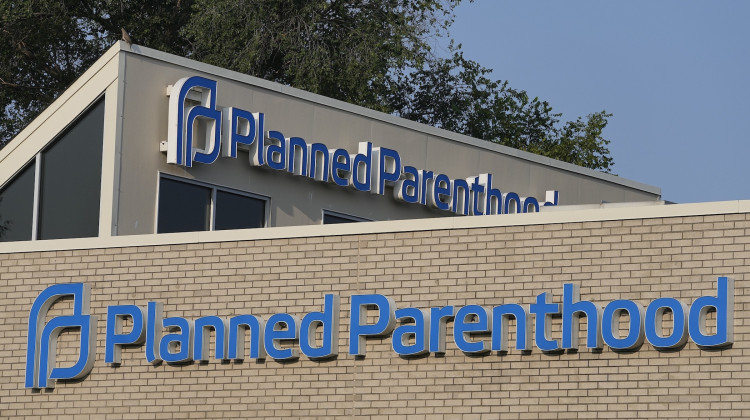
Workforce challenges and unsustainable reimbursement models have driven up the costs of emergency medical services, like ambulances, in Indiana. Some Hoosiers reported high costs for these services and wanted to know more.
Pixabay/public domainWorkforce challenges and unsustainable reimbursement models have driven up the costs of emergency medical services, like ambulances, in Indiana. Some Hoosiers reported high costs for these services and wanted to know more.
Indiana EMS Medical Director Eric Yazel said these costs rely on many factors, particularly the state’s reimbursement system.
Sometimes, an ambulance will arrive at a scene and is not needed for hospital transport. Yazel explained in these cases, reimbursement is not provided. This translates to a cost burden for consumers.
“You see some phenomenon of those cost losses getting transferred over to consumers to pay higher rates, because when they look at reimbursement per run, in order to get to a level to keep their head above water, sometimes they have to charge more,” he said.
Another factor, Yazel said, is a rapidly declining workforce. Because of limited reimbursement and less competitive pay, EMS personnel often leave for other, nontraditional jobs such as fast food restaurants.
“Until we have the basics, like the funding in the workforce, you're never going to be able to reach that potential the citizens of Indiana deserve,” Yazel said.
READ MORE: Why are Indiana’s health care costs so high?
Join the conversation and sign up for the Indiana Two-Way. Text "Indiana" to 73224. Your comments and questions in response to our weekly text help us find the answers you need on statewide issues.
He suggested several solutions to improve workforce retention, such as better benefits packages and tuition aid for EMS personnel. However, he said this cannot be done without increased funding and attention from state and county governments.
“A lot of our counties don't look as EMS as something they need to invest in,” Yazel said. “They just want it off the books and out of sight, out of mind – until they need EMS and then they realize what a paper-thin margin we have right now.”
Yazel discussed the Governor’s Public Health Commission’s recent report, which dedicated 12 pages to the need for increased EMS funding. While he said he is hopeful this will help draw attention to these issues, he emphasized the solution for these issues is multifactorial.
“We're working on changing the payment models for EMS things,” Yazel said. “And we've gotten great cooperation from our state Medicaid agencies, and some of our private payers and things like that, but those aren't quick processes. Those are months and more likely years away.”
He said short-term changes are vital in the meantime to preserve the life of EMS services in certain areas.
“You’re gonna see some EMS services probably shutting their doors or cost translation to some of the consumers in the meantime – as it all gets sorted out,” Yazel said.
He also explained that private EMS services in rural areas are often multi-million dollar initiatives. Yazel said this can make getting services in these smaller areas more difficult.
Contact reporter Violet at vcomberwilen@wfyi.org or follow her on Twitter at @ComberWilen.
9(MDAyMzk1MzA4MDE2MjY3OTY1MjM5ZDJjYQ000))
 DONATE
DONATE






 Support WFYI. We can't do it without you.
Support WFYI. We can't do it without you.